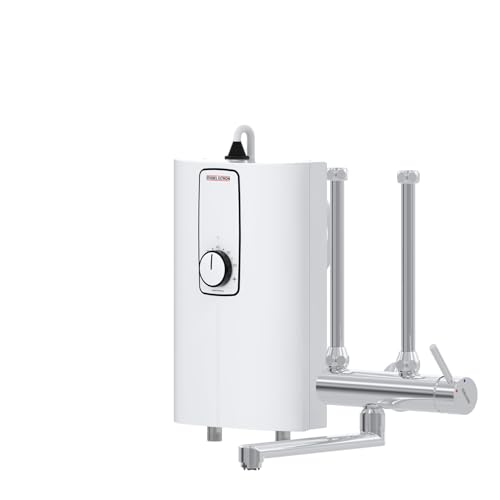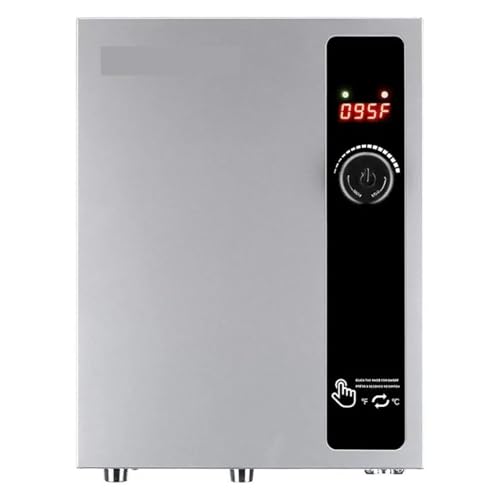Understanding the Importance of Smoke Alarms in Our Homes
Why Smoke Alarms Matter
We spend most of our time in our homes, places where we feel safe and secure. However, safety can be compromised by unexpected hazards, with fire being one of the most dangerous threats. Smoke alarms play a crucial role in fire safety by providing early warnings that allow us precious time to escape in case of a fire. They detect smoke particles that may indicate a fire even before we can notice any signs ourselves. By having functional smoke alarms installed throughout our homes, we can significantly increase our chances of staying safe and protecting our loved ones.
Statistics Highlighting the Necessity
Did you know that according to reports, the risk of dying in a house fire is cut in half when there are working smoke alarms present? Many of us might think that home fires are rare occurrences, but they happen more frequently than we realise. Statistics show that a fire department responds to a fire somewhere in the country every 24 seconds. This alarming fact underscores the need for smoke alarms in every home. We must take proactive measures to safeguard our environments, making smoke alarms an essential part of our home safety strategy.
Key Features to Look for in a Smoke Alarm
Detection Technology
When selecting a smoke alarm, we need to consider the detection technology. There are primarily two types: ionisation and photoelectric smoke alarms. Ionisation models quickly detect fast-flaming fires, whereas photoelectric alarms excel in spotting smouldering fires that produce a lot of smoke but little flame. Choosing a dual-sensor smoke alarm that combines both technologies can offer comprehensive coverage and enhance our safety.
Power Source
The power source of a smoke alarm is another significant factor to consider. Battery-powered smoke alarms are convenient and easy to install, but we must remember to replace the batteries regularly, typically every six months. On the other hand, mains-powered smoke alarms require professional installation but eliminate the worry of changing batteries. Some modern smoke alarms even come with a sealed lithium battery that lasts up to ten years, providing continuous protection without the hassle of periodic battery changes.
Smart Features and Connectivity
In today’s digital age, many smoke alarms come equipped with smart features that can enhance our safety. Some models connect to our home Wi-Fi networks, enabling notifications on our smartphones in the event of smoke detection. Others offer voice alerts that provide specific information about the type and location of the hazard. While these features can add to the convenience, we should evaluate if they truly fit our lifestyle and if we are comfortable with incorporating technology into our safety measures.
Types of Smoke Alarms: Which One is Right for Us?
Standalone Smoke Alarms
Standalone smoke alarms are perhaps the most common and easiest option. These devices function independently and can be installed in various rooms throughout our homes. They can efficiently detect smoke and alert us through sound. For families living in smaller homes or apartments, standalone smoke alarms may be perfectly adequate.”
Hardwired Smoke Alarms
If we seek a more integrated solution, hardwired smoke alarms are another excellent choice. These alarms are permanently connected to our home’s electricity, typically installed in conjunction with our home’s wiring system. They do require professional installation but ensure we won’t have to worry about battery upkeep. Additionally, hardwired systems often include interconnected alarms, meaning when one sounds, they all do, offering enhanced alert capabilities throughout our home.
Smart Smoke Alarms
Smart smoke alarms are becoming increasingly popular due to their advanced features. These alarms not only detect smoke but communicate with our smartphones, providing real-time alerts even when we are away from home. Some models even allow us to silence false alarms through an app. They may be ideal for tech-savvy households that appreciate added convenience and connectivity.
How to Properly Install and Maintain Our Smoke Alarms
Installation Guidelines
When it comes to installing smoke alarms, placement is crucial. We should install smoke alarms inside every bedroom, outside each sleeping area, and on every level of our home, including the basement. It’s recommended to place them at least 10 feet away from cooking appliances to avoid unnecessary alerts. If we’re installing hardwired alarms, seeking professional help is important to ensure proper connection and functionality.
Maintenance Tips
Proper maintenance ensures our smoke alarms function optimally. We should test each alarm monthly by pressing the test button to ensure it emits sound. Additionally, changing batteries in battery-operated alarms at least once a year is crucial. For models with sealed batteries, replacing the entire unit every ten years is typically necessary. Regularly cleaning the alarms with a vacuum can also prevent dust accumulation, which might impede their functionality.
Making the Right Choice: Top Recommendations for Smoke Alarms
Suggested Models Based on Needs
Choosing the right smoke alarm depends on our specific needs and preferences. For comprehensive protection, we can consider models that offer both ionisation and photoelectric sensors. A good combination model could be ideal for larger homes with diverse fire risks. If we prefer minimal maintenance, opting for a smoke alarm with a sealed battery will ensure long-lasting operation without the hassle of regular battery replacements. For those who appreciate technology, smart smoke alarms could provide the added convenience of connectivity and notifications on the go. Ultimately, understanding the unique features and aligning them with our lifestyle will help us make the best choice.






























